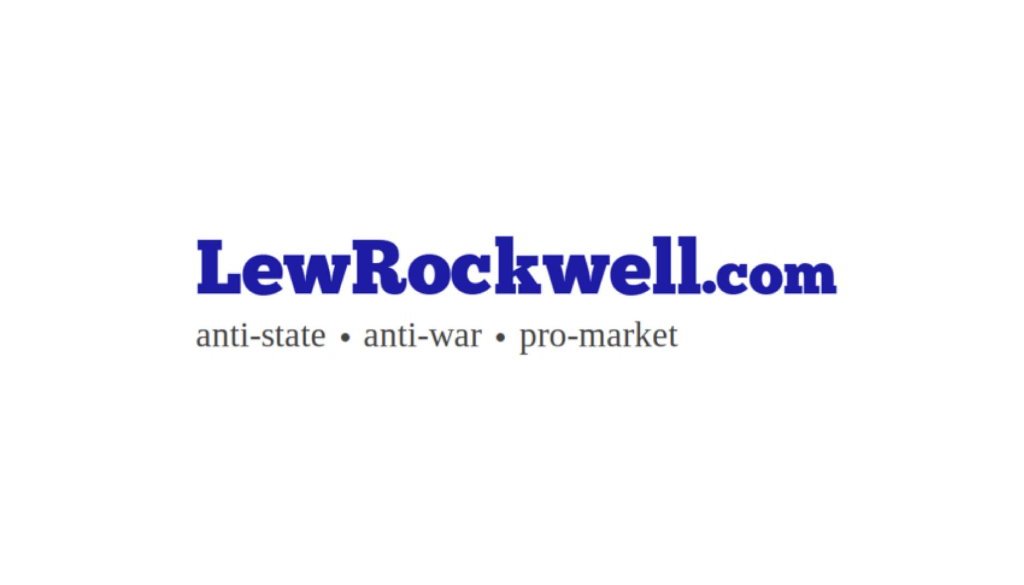Donald of Arabia
Since 1898, the guys who developed and executed U.S. foreign policy have modeled it after British foreign policy during the 18th, 19th, and early 20th centuries—that is, a policy of meddling in the affairs of the rest of the world in an effort to expand British domination.
On the whole, the British were considerably better at global meddling to their advantage than the Americans have been. This was because the guys who staffed the East India Company and later the Foreign Office tended to be educated and deeply interested in the peoples (and their languages) they were tasked with dominating. Richard Francis Burton and T.E. Lawrence were notable examples of British army officers who were capable of forming real relationships with foreigners.
Since World War II, U.S. foreign policy has increasingly neglected diplomacy and instead relied on U.S. aircraft carrier power projection—that is, “Do what we tell you to do or we’ll bomb you.”
During the presidency of George W. Bush, this policy was intensified to “Do what we tell you to do or we will bomb you and then overthrow your regime and replace you with an American-compliant regime.”
That U.S. foreign policy in the Middle East for the last twenty-two years has achieved nothing but death, destruction, instability, and mass migration to Europe has not dissuaded Washington’s foreign policy establishment to change tack.
On the contrary, the guys who fervently pursued the Bush-Netanyahu doctrine of regime change have made it clear that they want to continue on the same course.
Yesterday in Riyadh, President Trump announced that he IS changing tack in the Middle East. His sp
Article from LewRockwell

LewRockwell.com is a libertarian website that publishes articles, essays, and blog posts advocating for minimal government, free markets, and individual liberty. The site was founded by Lew Rockwell, an American libertarian political commentator, activist, and former congressional staffer. The website often features content that is critical of mainstream politics, state intervention, and foreign policy, among other topics. It is a platform frequently used to disseminate Austrian economics, a school of economic thought that is popular among some libertarians.



